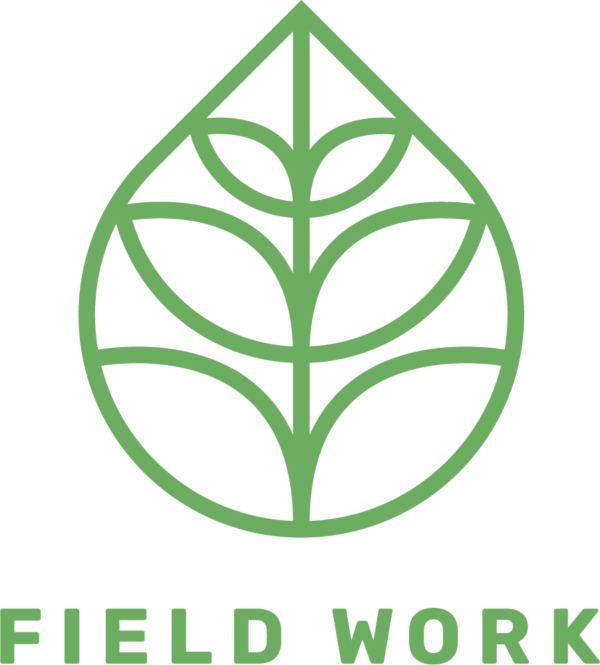LOR’s 2024 Field Work initiative invests another nearly $100,000 into research led by farmers and ranchers that explores innovative approaches to using water in agriculture.
As the Mountain West faces the worst drought in the past 1,200 years, demand for agricultural food products is expected to increase by as much as 98 percent by 2050, putting Western farmers and ranchers on the frontlines of the fight to solve water challenges. Too often, however, funding for innovative techniques that might improve water usage is hard to access and slow to reach the experts on the ground. That’s why LOR launched Field Work in 2023, investing more than $500,000 with a goal of getting money quickly into the hands of the people in the field and on the ranch who have the most innovative solutions to the West’s water crisis. And it’s why we’ve continued the search for solutions this year with a second year of Field Work funding, thanks to generous support from CoBank.
Through Field Work, farmers and ranchers in rural parts of Colorado, Idaho, Montana, New Mexico, and Wyoming were eligible for up to $10,000 to implement creative water projects on their land (think: improved water efficiency, water reliability, water quality, crop yield or crop diversification, and labor efficiency). Nearly 80 producers applied and 12 projects were selected this year, totaling more than $95,000 of investment into research led by farmers and ranchers. These folks are the experimenters, tinkerers, innovators, and iterators who—while Western states agonize over how to resolve antiquated water compacts—have been finding ways to eke out a living from the land. They’re people who have a vested interest in finding ways to use water more effectively—for their own operations and for the good of the West. Meet them.
The 2024 Field Work projects build on the insights of the more than 60 producers who participated in Field Work in 2023. While LOR is still analyzing the impact across the 2023 portfolio of projects, several solutions have already shown promise. Some examples:
- Brad McIntyre’s Caldwell, Idaho, farm is located at the end of a canal system that contains run-off from other farms, giving him concern over the quality of the irrigation water he was using. McIntyre used biochar as a filter for the running water and saw a significant improvement in water quality.
- On her ranch in Great Falls, Montana, Katie Pribyl replaced a cattle watering system that required driving to the summer pasture daily to start a gas generator to pump water. Instead she installed a solar water system and cellular-based camera that allows her to monitor the tanks remotely. Already the ranch has nearly eliminated the labor required to maintain water to the herd and has saved about $1,000 in fuel costs.
- In Arco, Idaho, Stephanie Barnes and her colleagues at the Butte Soil and Water Conservation District implemented a technology not commonly used in agriculture—shade balls, or small plastic spheres floated on top of a water source—to reduce evaporation from livestock water troughs that are difficult to reach and labor intensive to maintain. Over the course of this past summer, fewer trips were required to fill the troughs and less water was needed for the cattle.
"These are just a few of the promising projects that show potential for improving how the West uses water in agriculture," says Alex Dunlop, LOR's chief business development officer. "We can’t wait to see what the 2024 projects teach us. Ultimately, we hope all of this research reveals the best solutions for using water efficiently to grow food and sustain thriving communities in the West while in the grip of desperate drought."
* * *
If you would like to stay in touch about Field Work, please email connect@lorfoundation.org with Field Work in the subject line.
